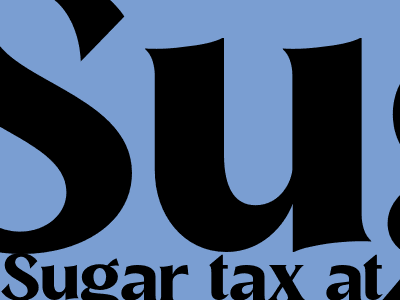
Sugar Tax at Crossroads, Calls for Five-Year Freeze
Introduction
The sugar tax, introduced in 2018 to combat obesity and tooth decay, has come under fire. Critics argue that the tax has failed to achieve its objectives and has instead disproportionately affected low-income families. With the tax due for review in 2023, there are calls for a five-year freeze to assess its effectiveness and consider alternative strategies.
Effectiveness of the Sugar Tax
The sugar tax has been criticized for failing to reduce sugar consumption and obesity rates. A 2021 study by the University of Oxford found that the tax had only a small impact on sugar intake, with the average person consuming just 10 fewer calories per day. The study also found that the tax had no effect on obesity rates.
Proponents of the sugar tax argue that it has led to a reduction in the sale of sugary drinks. However, they acknowledge that more needs to be done to address the issue of obesity.
Disproportionate Impact on Low-Income Families
The sugar tax has been criticized for disproportionately affecting low-income families. A study by the Institute for Fiscal Studies found that the poorest 10% of households paid an average of 0.3% of their income in sugar tax, compared to just 0.1% for the richest 10%. This is because low-income families tend to spend a larger proportion of their income on food, including sugary drinks.
Critics argue that the sugar tax is a regressive tax that unfairly targets the poorest in society. They call for the tax to be scrapped or replaced with a more progressive measure.
Calls for a Five-Year Freeze
With the sugar tax due for review in 2023, there are calls for a five-year freeze to assess its effectiveness and consider alternative strategies. Critics argue that the tax has not been given enough time to work and that a freeze would allow for a more thorough evaluation of its impact.
Proponents of a freeze argue that it would give businesses time to adjust to the tax and that it would provide an opportunity to explore other measures to tackle obesity.
Conclusion
The future of the sugar tax is uncertain. With the tax due for review in 2023, there are calls for a five-year freeze to assess its effectiveness and consider alternative strategies. The debate over the sugar tax is likely to continue in the coming months and years.